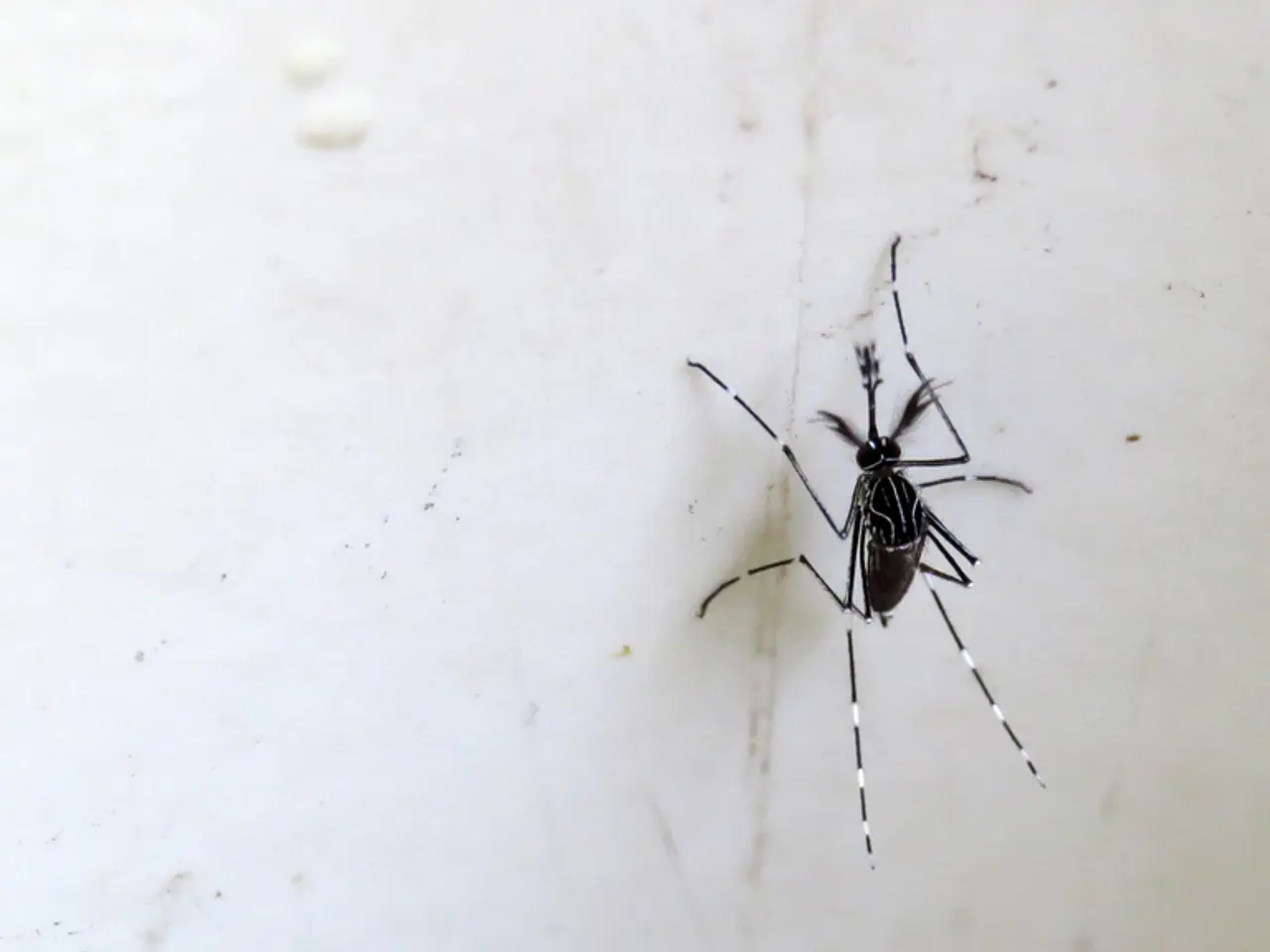Are there any nations entirely devoid of mosquitoes?
In a world teeming with the buzz of mosquitoes, the isolated nation of Iceland stands out as an exception. This remote archipelago, located in the North Atlantic, has managed to remain mosquito-free for centuries, a testament to its unique climate and geography.
The story of Iceland's mosquito-free status dates back to 1826, when the tiny pests were inadvertently introduced to the archipelago. However, they failed to establish a permanent population, making Iceland the only country in the world without mosquitoes.
One might wonder how this is possible, given that mosquitoes can survive for hours on aircraft landing gear, even in freezing temperatures. The answer lies in Iceland's harsh climate and the lack of suitable breeding habitats. Mosquito larvae require unfrozen liquid water to develop, and adult mosquitoes lay their eggs in water. In Iceland, the autumn and spring freeze-thaw cycles disrupt mosquito egg and larva development, making it inhospitable for these pests.
Moreover, the chemical composition of geothermal waters in Iceland is unlikely to be suitable for mosquito development. High temperatures and unusual chemical properties of these waters could deter mosquitoes from breeding in geothermal pools.
However, with climate change, this picture might start to change. Warmer springs and autumns could potentially create longer periods of unfrozen standing water in Iceland, allowing mosquitoes to establish permanent populations. This could pose a significant threat, as mosquitoes in the Aedes genus are known to transmit diseases such as dengue and chikungunya.
Immo Hansen, a professor of biology at New Mexico State University, agrees that warmer temperatures could lead to mosquitoes expanding their range. However, he emphasises that the formation of mosquito populations in Iceland is influenced by more than just climate conditions. Ecological disruptions such as the elimination of natural predators and the availability of suitable habitats also play a crucial role.
Despite the potential risks, modeling studies suggest that Northern Europe will remain largely unsuitable for dengue transmission even by 2080. This offers some reassurance that Iceland's mosquito-free status may persist, but vigilance remains essential to protect this unique ecosystem from unwanted invasive species.
Meanwhile, other regions like Hawaii, once thought to be too cool for mosquitoes, have seen these pests move into higher-elevation forests due to climate change. This serves as a stark reminder of the far-reaching impacts of climate change on ecosystems worldwide.
In conclusion, while the absence of mosquitoes in Iceland is largely due to its harsh climate and lack of suitable breeding habitats, climate change could potentially alter this status quo. As we continue to grapple with the effects of climate change, it is crucial to remain vigilant and proactive in protecting our unique ecosystems from invasive species.
Read also:
- Peptide YY (PYY): Exploring its Role in Appetite Suppression, Intestinal Health, and Cognitive Links
- Toddler Health: Rotavirus Signs, Origins, and Potential Complications
- Digestive issues and heart discomfort: Root causes and associated health conditions
- House Infernos: Deadly Hazards Surpassing the Flames








